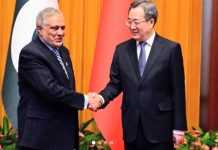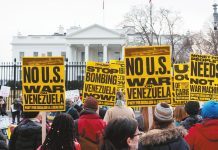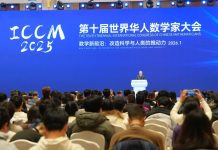Beijing: China has achieved a complete victory in its fight against poverty. In December 2020, President Xi Jinping announced that all remaining rural poor population had moved out of poverty under the current standard.
That means 98.99 million impoverished rural residents shed absolute poverty in just eight years.
Up until the late 1970s, more than 770 million people were living below the poverty line, according to World Bank data.
UN Secretary General Antonio Guterres hailed China’s transformation as “the greatest anti-poverty achievement in history.” “Every time I visit China, I am stunned by the speed of change and progress,” he said.
Today, the question on everybody’s mind is how exactly did China do it? What is China’s secret?
To understand China’s “secret,” we must first look back to 1978, when the period of reform and opening up began. Former Chinese leader Deng Xiaoping, the chief architect behind China’s pro-market reforms, famously said, “Poverty is not socialism. Socialism means eliminating poverty.”
Since the economic reforms were launched, China has witnessed unprecedented economic growth. Decades of rapid growth have served as the bedrock of the country’s development, without which China’s poverty alleviation miracle would not have been possible. That said, economic development alone was not enough to completely eliminate poverty.
Ban Wei, deputy director of the Editor’s Office of Xinhua News Agency, noted that the market is ultimately unable to deliver for those at the bottom. In an address to the International Forum on Poverty Governance and Development Towards Modernization, Ban explained that many of China’s rural poor were excluded from the market for living in remote locations. The forum took place in Nujiang, Yunnan Province on May 18.
The market is a decisive and important resource-allocating factor, he said. “But market economics is based on efficiency and the market is unfriendly to those people in poverty.” Robert Walker, a professor with the China Academy of Social Management at Beijing Normal University unpacked this point further. “The market will always favor the city because the city brings economies of scale,” he told Beijing-based media China Focus.
Under the leadership of President Xi, China waged an all-out war against poverty in late 2012. Officials in Beijing rallied the 91 million Communist Party of China members, together with the private sector and members of the general public in pursuit of one central aim: The elimination of absolute poverty by 2020. Local authorities largely took the lead over regional development, adopting a two-pronged approach that weaved together large-scale infrastructure projects with targeted poverty alleviation measures.
Targeted poverty alleviation, explains producer and writer Robert Lawrence Kuhn, means individualized attention to people in poverty.
Using a standardized criterion—which looked at income, opportunity, and access to basic necessities—all households below a certain threshold were assessed on whether they met the classification of “extreme poverty.”
– The Daily Mail-Beijing Review News exchange item






